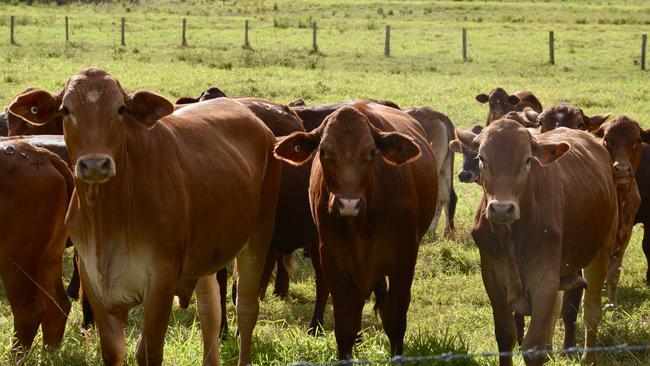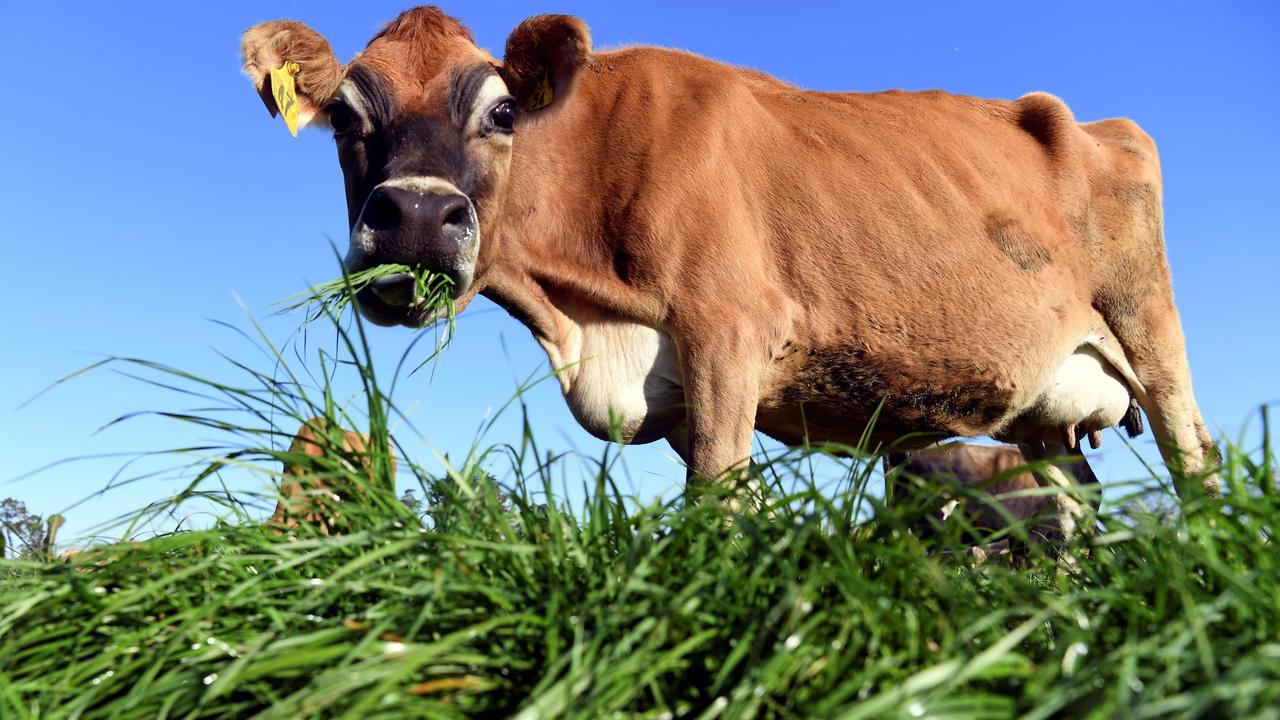Call to review cattle’s contribution to global warming
Beef producers are demanding a “full scientific assessment” of how livestock’s contribution to global warming is measured.

BEEF producers are calling for a “full scientific assessment” of the modelling used to measure livestock’s contribution to global warming.
But one climate expert has argued that to do so could ignore more than 50 years of research, and could create global inconsistency when tackling climate change.
The Cattle Council of Australia says temperature, rather than carbon dioxide emissions, could be a better measurement for agriculture.
CCA president Tony Hegarty said it was important the “best available science” was used to measure the impact of the livestock industry.
“We think agriculture needs to be looked at with the point of view of temperature, rather than carbon dioxide accounting, and we don’t think the discussion has been had yet,” Mr Hegarty said.
The council suggested the alternative Global Warming Potential model, which subtracts the impact of methane from emissions, should be considered.
“We know carbon dioxide aggregates, it doesn’t disappear. On the other hand, methane, after it’s released, it breaks down,” Mr Hegarty said. “That short-term cycle needs to be taken into account.”
The Global Warming Potential 100 model, used to quantify the livestock industry’s contribution to global warming, measures global warming potential over 100 years relative to the emissions of one tonne of carbon dioxide.
Australian National University climate change institute director Mark Howden said the impact of methane emissions from livestock has been the focus of research for more than 50 years.
“ … there’s half a century or more of research already being used in terms of looking at methane emissions from animals,” Professor Howden said.
“The scientific assessment is not about the amount of methane produced, it is about what is the relative contribution of that methane to global warming.”
Professor Howden said the existing GWP100 model has “checks and balances” in place that helped foster global consistency in tackling carbon and methane emissions.
MORE
PIG SERVICES CENTRE REOPENS AFTER COVID-19 SHUTDOWN
CATTLE PRICES CONTINUE TO MARCH UPWARDS
ONLINE SHEEP AND CATTLE SALES REMAIN STRONG



